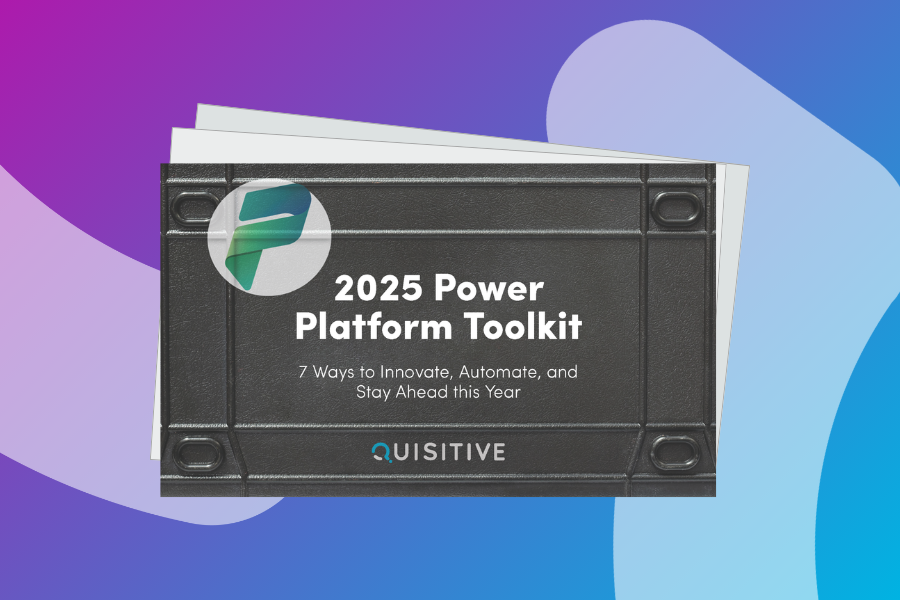Marketing analytics measures the performance of marketing efforts. The goal of marketing analytics is to increase the effectiveness of advertising so that the advertiser gets the best possible return on their marketing investment.
The analysis of marketing techniques involves looking at data and finding information about customer activity, sales, engagement, and other factors. Machine learning provides a way to analyze large amounts of data.
This technology uses algorithms to find, categorize, and analyze data. It can automate sophisticated data collection and analysis tasks so that marketers have all the information they need to improve their campaigns right at their fingertips.
Furthermore, machine learning can provide predictive analytics that can use past and present data to foretell customer behavior and help foresee the effectiveness of planned marketing campaigns.
Understanding Machine Learning
Machine learning uses algorithms to perform data analytics and glean relevant information from vast amounts of data. It can also make predictions based on probability.
In marketing analysis, the predictive abilities of machine learning are quite useful; by predicting customer behavior, marketers can automate some tasks that would be time-consuming and expensive to perform manually.
For example, a company can deploy chatbots rather than actual customer service representatives to deal with customer questions and issues. These algorithms can also help predict customer behavior and target marketing campaigns, among other things.
Machine learning is a sub-field of the broader discipline of artificial intelligence (AI). Artificial intelligence covers all activities where machines carry out tasks or make decisions based on an automated set of parameters.
This involves giving computers or other machines access to large amounts of data and programming them to use this data to make decisions or perform analysis.
People often use the terms “machine learning” and “artificial intelligence” interchangeably. However, because marketing analytics involves processing and using massive amounts of data, people in this field use machine learning.
The Benefits of Machine Learning in Marketing
Machine learning can help improve customer experience, foresee customer needs, provide useful support, and help companies predict the effectiveness of marketing campaigns.
However, in some ways, machine learning has not lived up to expectations when it comes to marketing analytics. One of the main reasons for this is that companies do not have systems in place to handle the data that they receive. For example, they may not integrate the data from different sources, so they do not have enough information in one place to perform useful analytics.
Here are some ways that machine learning has already transformed marketing analytics.
Improving the Customer Experience
One of the most obvious ways that machine learning has improved marketing involves customer experience. For example, on e-commerce sites, machine learning enables personalized shopping recommendations based on real-time data.
A machine learning algorithm collects data about the customer’s browsing history. It finds patterns in this data and uses it to make personalized recommendations to each shopper. A good machine learning algorithm can produce recommendations based on real-time data, so the recommendations change each time a shopper visits a new page within the site.
Predicting Customer Needs
The predictive aspects of machine learning can forecast customer needs. By combining machine learning with big data, which requires large data sets from all across the internet, marketers can get enough information to make reasonably accurate predictions about future demand, industry trends, or customer needs.
Being able to predict customer needs can help businesses gain a competitive edge. For example, a company could create a product or a service that meets projected customer demands. Such early development could help them gain a competitive advantage in their industry.
Machine learning can also help define existing needs or areas of opportunity, such as gaps in service or product offerings. New products related to existing ones can help a company maximize revenue without having to develop entirely new products or services.
Optimizing Marketing Content
Advertising is not an exact science, but machine learning brings a scientific aspect to marketing campaigns by allowing analysts to see large amounts of data to measure marketing effectiveness.
Machine learning optimization can take a few different forms. First, marketers can use machine learning algorithms to compare advertisements or marketing strategies. These tests are sometimes known as A/B tests because they compare two different ads side by side. With enough data, marketing team members can easily see which choice performs better before investing in widespread ad placement.
Machine learning can also help provide insights about how users interact with an ad or other marketing content. This data lets marketers measure the success of a campaign and helps them make changes to marketing content to increase engagement.
Providing 24/7 Customer Service
Customer service can be an expensive operational cost for companies. Machine learning applications such as chatbots can help reduce these costs. Chatbots can answer basic questions and interact with customers on a fundamental level.
Chatbots can also collect data about customer concerns. This data can help companies fix a flaw in their product or service or improve chatbots by giving them more data to offer better customer service.
Chatbots can provide 24-hour service, and they can limit costs because they can handle customer issues without requiring an actual customer service agent. Companies can hire fewer customer service reps and lower their operational costs.
How to Enhance Your Marketing Efforts With Machine Learning
The process of adopting machine learning can vary depending on the needs and culture of a company. In some cases, you may need employees to buy into the idea of using artificial intelligence to aid marketing efforts. Management may need to take steps to convince experienced marketing personnel that the insights and tools available can improve marketing campaigns overall.
The next step is to integrate the machine learning applications into everyday operations. As with all technical solutions for businesses, this process involves teaching employees the technical aspects and, in the case of marketing, how to apply what it provides to existing practices and strategies.
IT employees, data scientists, programmers, or outside contractors will handle most of the technical aspects of machine learning for a marketing department. Most training, therefore, will involve making marketing personnel aware of the tools that they now have at their disposal when creating marketing campaigns, testing advertising, and measuring results.
Cloud-Based Data Collection & Analysis
Machine learning is a data-intensive undertaking. A cloud-based system provides the best infrastructure for combining machine learning with marketing analytics.
In the cloud, you can easily collect data from different sources and store it in one centralized place. All members of the marketing team can access the data from their offices or remotely on other devices. This easy access can increase productivity and make collaboration between people in different locations possible.
With a cloud-based system, you need a reliable cloud solutions provider to handle the platform and ensure that everything runs smoothly. The first step for a company that wants cloud-based systems is to move its current operations and workflow to the cloud. A third-party provider can make the cloud transition seamless.
A cloud services provider can also help you implement new machine learning tools and make changes that can help you get the most out of your system.
Make Changes Based on Actionable Insights
Machine learning uses data to provide insights that marketers can use to make changes or take specific steps. These insights can lead to operational improvements.
In addition to analysis, machine learning can help with operations. For example, an algorithm can help an e-commerce site or video streaming site offer personalized recommendations to each shopper or viewer based on their browsing and buying habits. This example of an operational application of machine learning has changed the customer experience on some of the world’s most popular websites.
Also, rather than replacing advertisements, machine learning can enhance campaigns by providing additional data. Data from a test of two marketing web pages, for example, can help marketers choose the most effective ads. They can also fine-tune elements within an ad by measuring customer interactions and behaviors.
With these tools, marketers can fine-tune a campaign while it is in progress. Also, they can gain enough data from current operations to inform future campaigns.

;)



